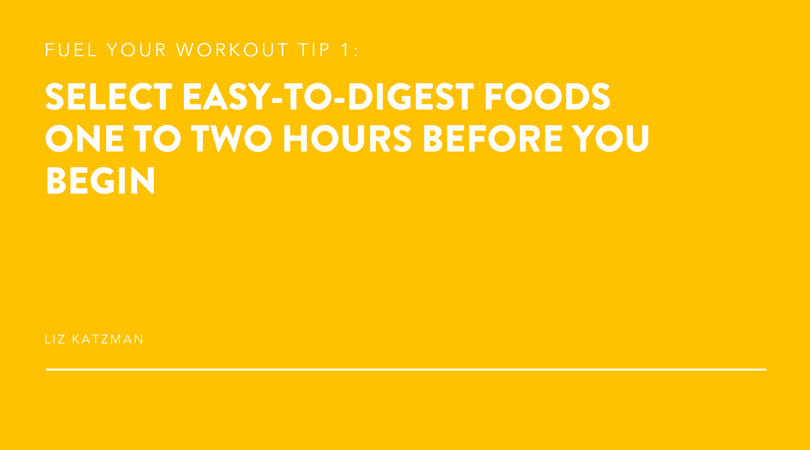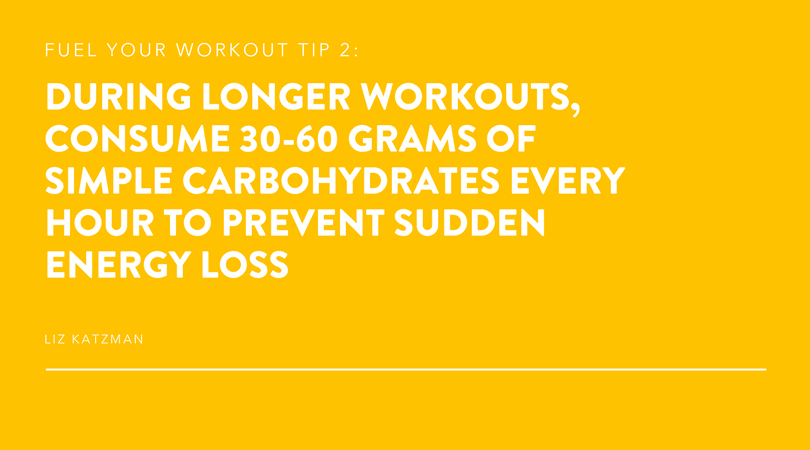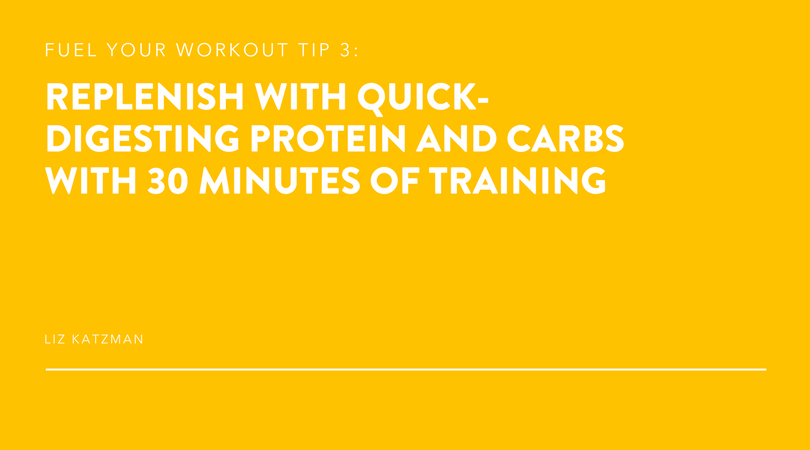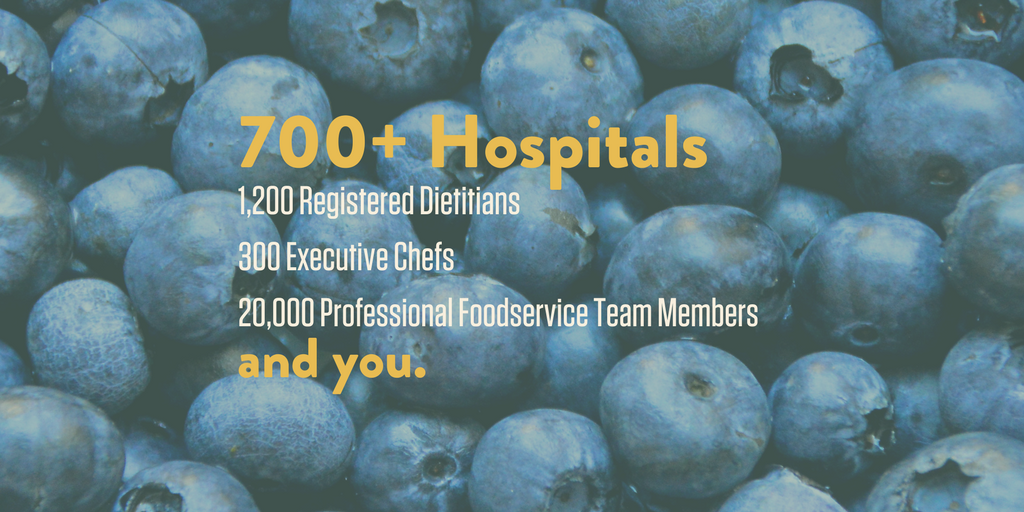Fueling Your New Year’s Resolutions…the Healthy Way
[This piece was written by Liz Katzman, RD, CDN, a clinical dietitian with St. Peter’s Hospital and originally appeared on the St. Peter’s Health Partners Blog on 1/25/2018]
It’s a new year, which means resolutions to get healthy and lose weight. While the U.S. Office of Disease Prevention and Health Promotion recommends at least 75 minutes of vigorous or 150 minutes of moderate activity each week, as part of its Physical Activity Guidelines for Americans, many people aren’t fueling workouts for their maximum energy potential.
Keep in mind, what follows is general advice and does not take into consideration specific needs or medical conditions for which you may be receiving treatment. Also, foods you may tolerate before, during, and after workouts can vary depending on your own GI system and type of workout. And, if you are taking up an exercise program after a period of inactivity, be sure to check in with your primary care physician.
Pre-Workout
The goal of pre-workout meals is to provide energy and boost performance. Select easy-to-digest foods one to two hours before you begin to prevent cramping or gastrointestinal upset. If you eat too soon or feast on high-fat, slower-digesting foods, your body will need to divert some much-needed blood from your muscles to your stomach. This means your muscles will receive less oxygen and energy.
Lower-fat, high-carb foods like fruit, oatmeal, low-fat yogurt, or scrambled egg whites with veggie, will give you the boost you need without pesky detours to the bathroom.

During Workouts
Glucose is the energy your body uses to fuel movement, but your body only stores 2,500 calories worth. While we may store large amounts of fat that can be converted to glucose, the process is slow and may not support longer, more intense workouts.
During longer workouts, consume 30-60 grams of simple carbohydrates every hour to prevent sudden energy loss or “bonking.” Select quick, easy-to-digest carbs like commercial gels, jelly beans, fruit, or pretzels. Add some protein into the rotation if your stomach can tolerate it.

Post-Workout
After training, you will need to replenish your glucose stores and prevent muscle depletion. A combination of quick-digesting protein and carbs is essential within 30 minutes. Select snacks that are in a ratio of 2 carbs to 1 protein after strength training, but bump that up to 4 carbs to 1 protein after endurance training.

Chocolate milk has become a popular go-to, but regular milk, a peanut butter sandwich, or smoothies with quick-absorbing whey protein can work just as well. If you work out right before lunch, skip the snack and select a well-balanced meal with lean protein, lots of veggies, and whole grains.
Fueling your workouts properly will help you feel more energized and improve muscle recovery. But remember, working out is not an excuse for that extra piece of cake!
Visit https://health.gov/paguidelines/ for more information on getting fit and staying healthy in 2018!
Join the Morrison Healthcare Family
Looking for meaningful work helping people? Do you want to marry your passions and serving others? Check out available team member or management opportunities to join the Compass One Healthcare and Morrison Healthcare family. We believe in the Power of Food to change lives and are proud of the opportunities we have each day to help people and serve alongside world-class clients.
Morrison is a proud part of Compass One Healthcare and Compass Group USA.





